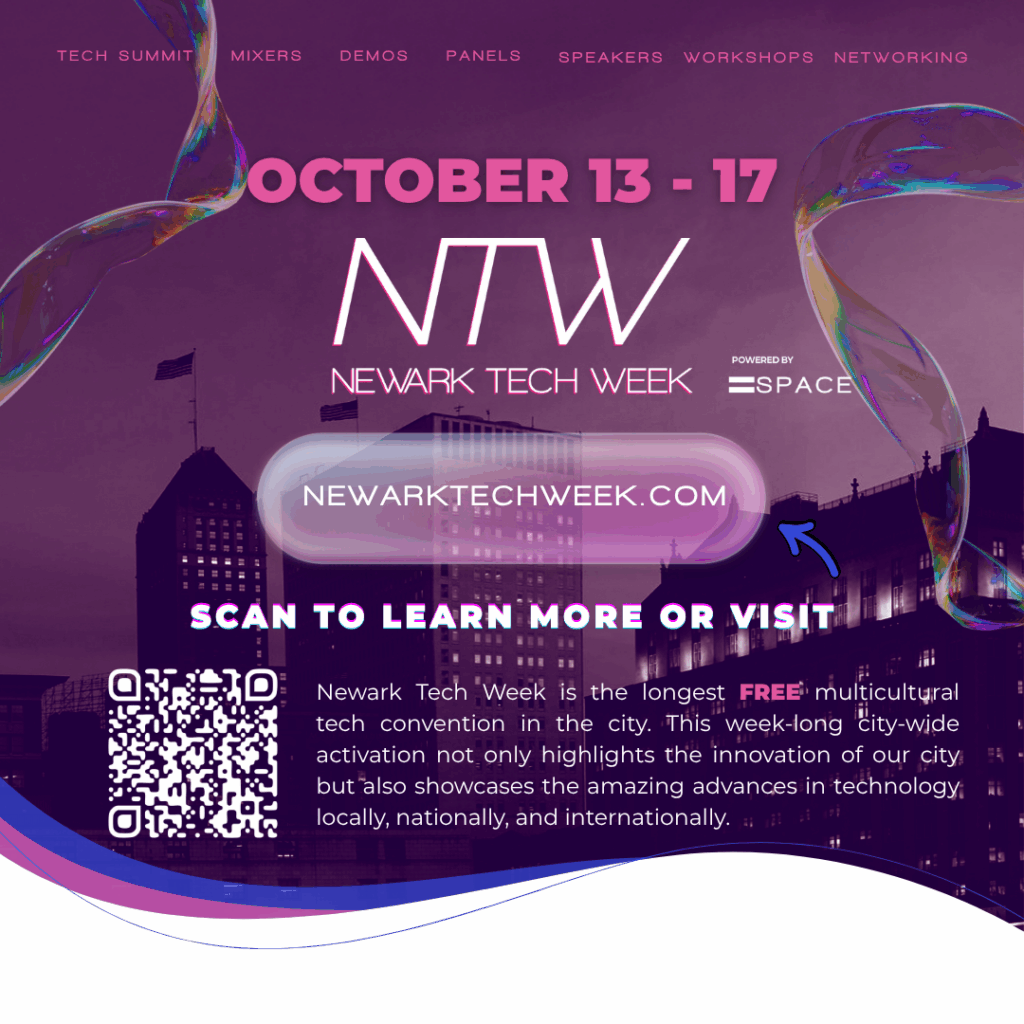Imagine a world where an algorithm can create, and generate art that speaks to the soul, and compose music that resonates in our hearts. Generative AI is the creative alchemist, fusing data-driven intelligence with human imagination, producing masterpieces beyond our wildest dreams. Through sophisticated algorithms, it analyzes patterns, learns from vast amounts of data, and generates original content that captivates audiences.
Overview of Generative AI Use Cases
Generative AI transcends industry boundaries with its versatile applications. Chatbots and virtual assistants powered by generative AI offer a glimpse into the future of customer service, engaging users in natural language conversations and providing personalized assistance.
Meanwhile, in the realm of design and development, generative AI algorithms boldly venture into unexplored design spaces, crafting optimized solutions that push the boundaries of architecture, product design, and urban planning.
But the power of generative AI doesn’t stop there. It wields its creative prowess in content creation and repurposing, revolutionizing workflows by automating the generation and adaptation of content on an unimaginable scale.
Data analytics takes on a new dimension as generative AI models sift through vast amounts of information, extracting insights and generating visualizations that elevate decision-making across industries.
Risks, too, are met with formidable resilience through the simulated scenarios crafted by generative AI. This technology empowers industries such as finance and cybersecurity, allowing experts to identify potential risks and develop robust mitigation strategies, forging a path of stability in a rapidly changing landscape.
And when it comes to maintenance, generative AI takes the reins, analyzing sensor data to predict equipment failures and enabling proactive maintenance that minimizes downtime and optimizes performance.
Across sectors, generative AI breathes life into industries, propelling them forward with enhanced efficiency, personalized experiences, and informed decision-making. It unlocks the realm of limitless possibilities, fostering innovation and growth while paving the way for a future where the creative force of artificial intelligence amplifies human potential.
Generative AI in 9 Industries
E-commerce
Generative AI can enhance the e-commerce experience by creating realistic product images. For example, it can generate high-quality images of products from different angles, colors, or even in different environments. This allows customers to understand the product better and make informed purchasing decisions. Generative AI can also assist in personalized product recommendations based on user preferences and historical data.
Healthcare
The impact of generative AI extends far beyond the realms of creativity. It has seeped into the realm of healthcare, offering a glimmer of hope for patients worldwide. AI algorithms can analyze vast amounts of medical data, identify patterns, and assist in diagnosing diseases with remarkable accuracy. This technology empowers doctors with valuable insights, aiding them in making informed decisions and providing personalized treatment plans. In radiology, genomics, and drug discovery, generative AI has emerged as a silent hero, accelerating breakthroughs and saving lives.
Travel and Transportation
In the vibrant domain of travel and transportation, generative AI has emerged as a trailblazer, empowering businesses with optimized route planning, demand prediction, and enhanced customer experiences. By scrutinizing historical data with a discerning eye, generative models possess the prowess to anticipate travel patterns, facilitating companies in designing more efficient flight schedules and resource allocation. Furthermore, these remarkable algorithms can whisk customers away on a virtual voyage, offering immersive pre-travel experiences that enable exploration and informed decision-making.
Manufacturing and Supply Chain
Generative AI can be crucial in optimizing manufacturing and supply chain operations. It can generate synthetic data to simulate production processes, enabling companies to identify bottlenecks, improve efficiency, and reduce costs. Generative models can also assist in developing designs for new products or components, facilitating rapid prototyping and reducing the time-to-market. Furthermore, generative AI can aid demand forecasting by generating synthetic data based on historical sales patterns, helping companies make better inventory management decisions.
Entertainment
Generative AI has made significant contributions to the entertainment industry. It can generate realistic and immersive virtual environments for video games and virtual reality experiences. Game developers can create lifelike characters, dynamic landscapes, and interactive narratives by leveraging generative models. Generative AI also has the potential to revolutionize content creation by generating synthetic music, art, and even scripts. This can help artists and creators explore new ideas and push the boundaries of traditional creative processes.
Education
In education, generative AI can be utilized to create intelligent tutoring systems. These systems can generate personalized educational content, such as interactive exercises, quizzes, and simulations, tailored to individual student needs. Generative models can also assist in generating educational materials like textbooks, lecture notes, and study guides, providing students with additional resources. Furthermore, generative AI can facilitate language learning by developing synthetic conversations or providing translation and synthesis services.
Art
Generative AI has breathed new life into the art world, transcending the boundaries of human creativity. By blending the insights gleaned from countless artworks and the capacity to understand aesthetics, AI can generate unique and mesmerizing pieces that challenge our perceptions. It allows artists to collaborate with AI, amplifying their vision and inspiring new possibilities. From creating abstract paintings that evoke emotions to designing sculptures that defy conventional forms, generative AI has become a muse, guiding artists into uncharted realms.
Marketing
The rise of generative AI has revolutionized the way businesses connect with their customers. Through intelligent algorithms, AI can analyze customer behavior, preferences, and trends, providing invaluable insights to marketers. It becomes the ultimate storyteller, helping brands craft personalized narratives that resonate with their target audience. By generating compelling content, AI assists in creating impactful marketing campaigns, enhancing customer engagement, and fostering brand loyalty.
Finance
Generative AI has found its way into the complex world of finance, emerging as a powerful guardian of wealth. With its ability to process vast amounts of financial data, analyze market trends, and predict future outcomes, AI has transformed the landscape of investment strategies. It offers valuable insights to traders, portfolio managers, and financial analysts, enabling them to make data-driven decisions and mitigate risks. AI-powered chatbots have also revolutionized customer service in the financial industry, providing personalized advice and streamlining transactions.
Conclusion
As we continue to explore the rise of generative AI and its transformative impact on various industries, we find ourselves on the cusp of a new frontier. The creative alchemy of AI, the harmonious symphony between technology and art, the life-saving potential in healthcare, the reinvention of marketing, and the redefinition of finance—all point to a future brimming with possibilities.

 CAMPUS 550
CAMPUS 550
 IMPACT
IMPACT
 PROGRAMS AND EVENTS
PROGRAMS AND EVENTS
 CURRENT MEMBERS
CURRENT MEMBERS
 ABOUT
ABOUT
 NEW MEMBERS
NEW MEMBERS
 NEWARK NEXUS
NEWARK NEXUS
 PRESS
PRESS
 CONTACT
CONTACT








